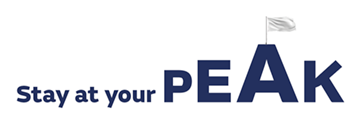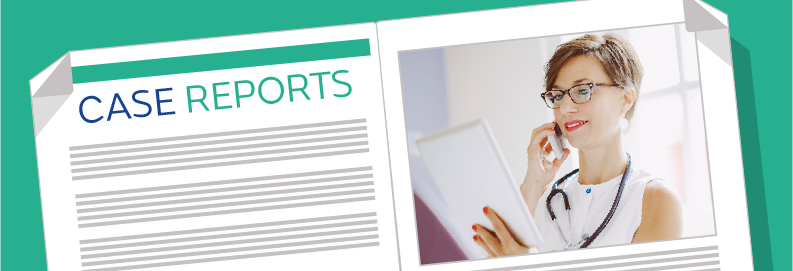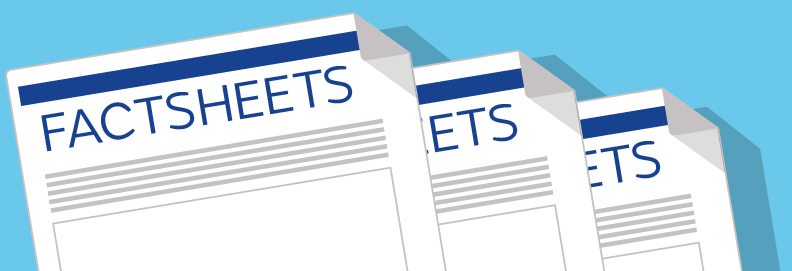How to work in anaesthetics
Post date: 03/10/2019 | Time to read article: 4 minsThe information within this article was correct at the time of publishing. Last updated 18/05/2020
Wondering what it's like to be an Anaesthetist? Dr Aidan O'Donnell and Dr Chris MacDonald provide an insight into what it's all about.
(Anaesthetists are) doctors who keep patients alive while surgeons do things that would otherwise kill them. James Cottrell (2010)
What’s it all about?
To outsiders, anaesthetics can seem a mysterious and intimidating specialty, full of complicated equipment, pungent vapours and impenetrable physiological formulae. Everyone who has ever watched a medical drama on TV (which is nearly all patients) knows that surgeons are the real heroes, and the anaesthetist’s job is to utter lines like “The blood pressure’s dropping! We’re losing him!” in a panicky tone. So let’s be honest: at least in popular perception, anaesthesia isn’t sexy. But of course, popular perception is dead wrong.
Anaesthetists have at their fingertips useful skills, which are the envy of their peers: airway management, fluid management, venous access, analgesia and resuscitation of the critically ill. When a patient is really sick, everybody wants an anaesthetist nearby. Anaesthetists are found all over the hospital, although the operating room, the labour ward, the intensive care unit, the emergency department and the pain clinic are their commonest habitats.
Anaesthetics is the largest hospital specialty. Census figures from the Royal College of Anaesthetists from 2010 indicate that there are more than 12,000 anaesthetists practising in the UK. This means that it’s generally possible to find a job in the same part of the country as a partner who is tied to a particular location.
Anaesthetists are mostly friendly, well-adjusted people who enjoy their jobs, work hard, treat their juniors well and hardly ever shout or throw things. It’s a specialty that is somewhat more family friendly than others, so there are opportunities to train and work part-time, and there are good opportunities to train abroad.
Anaesthetic training
Anaesthetic training in the UK takes a minimum of seven years. The country is divided into schools of training. Each school has several hospitals within its penumbra, through which anaesthetic trainees are rotated to gain experience in as wide a range of anaesthetic practice as possible.
The many attractions to anaesthetics make it a popular choice, but competition is eased by the relatively high number of trainee posts. A CV tailored towards anaesthetics will help in the application process, ideally with some experience in anaesthetics from medical school placements, foundation programme placements and taster weeks.
The professional examination required is the Fellowship of the Royal College of Anaesthetists. It is split into two parts, the Primary and the Final. Trainees are expected to pass the Primary after 18 months to 2 years in the specialty, and the Final at around year 4 of training. The Fellowship examination constitutes a significant hurdle for some trainees. There is currently no exit examination in anaesthetics.
Trainee anaesthetists are usually given constant one-to-one training with a consultant anaesthetist throughout their training, which provides an exceptionally high level of direct, supervised training.
What do anaesthetists do?
The mainstay of anaesthetic practice is providing anaesthesia for surgery. This generally involves assessing and working up patients preoperatively, which often requires an early start, then performing general anaesthesia (or sometimes a regional or neuraxial block, such as a spinal or epidural anaesthetic) on the patient. The anaesthetist remains with the patient throughout the operation, making sure that the patient remains comfortable and safe throughout. Afterwards the patient is taken to the recovery room, and the next anaesthetic is begun. The anaesthetist is usually responsible for postoperative analgesia, and care of the patient doesn’t end at the door of the theatre.
Like Jedi, anaesthetists frequently work in pairs, which means that coffee and meal breaks are generally very reliable. Working nights and weekends is part of the package for anaesthetists. Trainees may have blocks of night shifts, although consultants still usually take calls from home, and most departments are large enough that on-call nights are acceptably infrequent.
The pattern of work is quite linear and predictable, with few interruptions. Sometimes anaesthesia is likened to flying an aeroplane: the complicated parts are the take-off and the landing, but once in midair it is usually quite relaxed. Technical skills play a large part in anaesthetic practice, and anaesthetists become adept at inserting needles into some very elusive places. If gadgets are your thing, anaesthetists have some really interesting bits of technology to play about with. Despite its somewhat structured nature, there are always emergencies, challenging cases, and the occasional unforeseen critical incident to keep it interesting, and the old chestnut that anaesthesia is “99% boredom and 1% panic” is quite wrong.
Anaesthetists have a very different pattern of work from other hospital doctors. Their life is generally free from ward rounds, clinics, paperwork, dictation, heartsink patients and winter beds crises. Each day begins afresh with a new operating list. On the other hand, there is little continuity of care, and opportunities to follow an individual patient through an illness or a crucial period of life are few.
Anaesthetists also have many roles in other areas. Intensive care is a specialty that, until recently, was almost entirely populated by anaesthetists; now other specialties are becoming involved, such as:
- Pain medicine - a small, but fast-growing subspecialty.
- Obstetric anaesthesia - this deals with providing pain relief in childbirth, either analgesia for a labouring woman, or anaesthesia for an operative delivery.
- Paediatric anaesthesia - where you might anaesthetise a baby only a few days old.
- Cardiothoracic anaesthesia - where you might anaesthetise a patient whose heart is deliberately stopped for an hour during the case and then restarted again.
How to find out more
Anaesthetics is great, but it isn’t for everyone. The best way to experience it is to do it. However, foundation posts in anaesthetics are rare. Explore taster weeks, which are offered in most hospitals – also, most departments will have a selection of friendly approachable anaesthetists who will be happy to let you shadow them for a day.
At its core, anaesthesia is about relieving human suffering. It’s also tremendous fun, and offers the daily opportunity to make a real difference in someone else’s life. This means it is a very enjoyable and rewarding specialty.Personality: good technical skills, calm under pressure, attention to detail, patience, sense of humour, leadership
Best bits: rewarding, one-to-one consultant training, high level of colleague support, patients nearly always feel better after you treat them
Worst bits: little continuity of care, fellowship exams can be a real barrier for some people, your patients will generally not remember or credit you for their care, finishing work half an hour after the slowest surgeon in the hospital
Stress: generally low to modest; occasionally high during emergencies or around exam time.
Salary: in keeping with other hospital specialties. There are usually good opportunities for private practice as a consultant.
Useful information:
- NHS Careers website
- The Royal College of Anaesthetists website
- The Association of Anaesthetists website
- How to Survive in Anaesthesia: A Guide for Trainees, by Neville Robinson, George Hall and William Fawcett., 4th edition, BMJ Books/ Wiley Blackwell (2011)
- Visit YouTube and watch The Anaesthetist’s Hymn by Amateur Transplants



.png?Status=Master)
